How Long Can a Cat Go Without Eating? When To Visit Your Vet?
29.03.2022.
The question of how long can cats go without food is a common one among loving pet parents who are concerned that their feline fur baby has suddenly lost interest in dishes that they used to enjoy.
You probably put a lot of thought into choosing only the best cat food for your cherished pet, so it can be concerning when their eating habits change. One of the worrying signs is if you find your cat’s kibble still in the bowl day after day.
The good news is that cats are remarkably resilient, so a few days of little to no food intake does not always indicate that something is seriously wrong. In fact, there are numerous things you can check when your cat isn't eating that may indicate a simple problem.
Below, you'll find some of the most common reasons your cat may have stopped eating, when it's time to see your vet, some helpful tricks to entice your feline friend to eat up, and, of course, the answer to the age-old question, how long can cats go without food?
How long can a cat go without eating?
If you're a foodie like us, the thought of missing a meal probably makes you cringe. On the other hand, your cat has a different relationship with food. Cats can go up to two weeks without kibble as long as they have access to plenty of clean water. They would not be able to survive for more than 2-3 days without this.
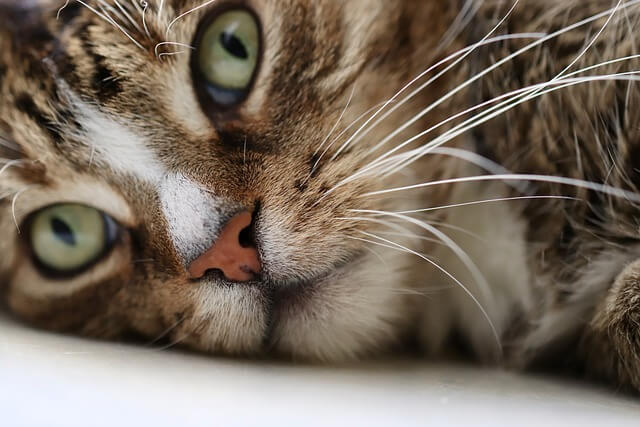
RELATED: Cat Drooling: What It Means and Should You Worry?
However, just because your cat can technically go that long without eating doesn't mean they won't become seriously ill and malnourished. Cats, like humans, get all of the vitamins and minerals they need to thrive from food, so going without is not an option.
Domestic cats should never be left without food. While we often believe that cats could survive without us, not all felines are adept at catching their own food. This is especially true for indoor cats, who lack the hunting skills of their mostly outdoor siblings.
But if you're filling your kitty's food bowl with dry or wet cat food every day and you've noticed they've gone from gulping it down at lightning speed to barely sniffing it, it's time to look into why they're not eating as much as they used to.
RELATED: How Much Sleep Do Cats Need Each Day?
What happened to my cat's appetite?
While some pet parents have problems with their cat eating too quickly and too much, others have problems with their cat not eating at all. True, not eating can indicate a health problem. Still, there are other, less serious reasons why your cat may not be interested in their food. The most common are:
- A recent vaccination or the administration of new medication
- Anxiety or stress caused by a shift in routine
- Food change
- A slower metabolism is common in senior cats
- Digestive problems
- Dental problems
- Diabetic kidney disease
- Constipation
- Pancreatitis
- Boredom
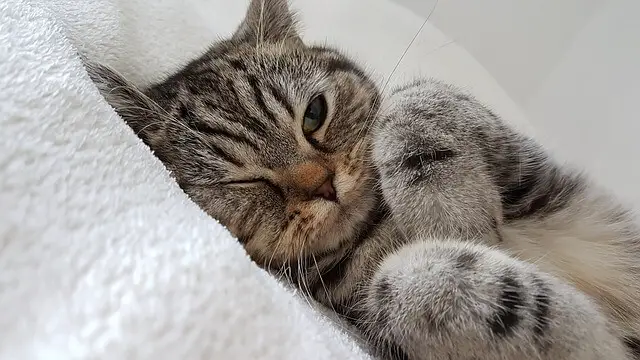
Because cat behavior is complex, there could be various reasons why your kitty has stopped visiting their food bowl. While some are cause for concern, others will likely pass as quickly as they arrived. Of course, this begs the question of when your cat's lack of appetite is severe enough to warrant a trip to the vet.
RELATED: What Does Blood in Cat Urine Mean? Should I Be Worried?
How long should I wait before seeing my veterinarian?
This is frequently a source of consternation for pet owners. It's the feline equivalent of the human problem of determining how sick you need to be before calling your doctor for a check-up.
Many of us are concerned about bothering our vet with something that may turn out to be insignificant, but trust us when we say that your vet would rather you pop in and have it turn out to be a minor issue than not go and have your kitty’s health quickly deteriorate.
The first thing you should think about is your cat's normal eating habits. If they're prone to being picky and turning their noses up, skipping a meal or two might not be unusual. Another reason they might not be eating is if they have a mild cold or upper respiratory infection. Some cats will reduce their food intake for a day or two after a vomiting episode involving a hairball.
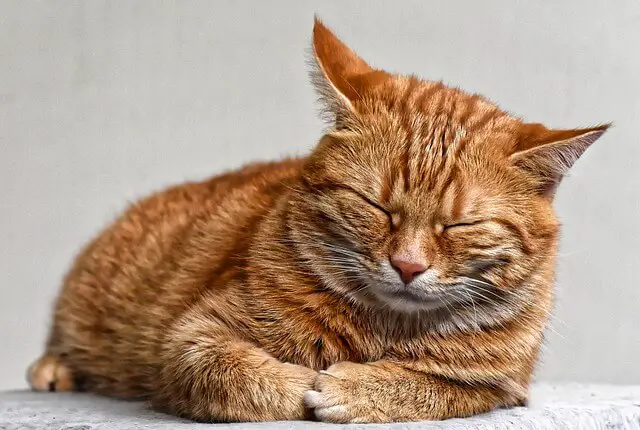
If you've recently added another pet to your family, had guests stay with you, or moved house, and your cat's lack of appetite coincides with that change in routine, it's possible they're stressed or anxious. Over the next few days, keep an eye on them to see if re-establishing their routine causes their eating habits to return to normal.
RELATED: Stomatitis in Cats: Causes, Symptoms & Treatment
We recommend that you keep an eye on your kitty for 24 hours after they begin to reduce or refuse food. You should pay close attention to whether or not they are also reducing the amount of water they drink and any other behavioral changes. If they still won't eat after 24 hours, take them to your veterinarian, who can rule out any serious medical issues.
How to get your cat to eat?
There are a few tricks you can try before taking your kitty to the vet to see if you can get them to eat. It can be as simple as switching their food to a different brand, experimenting with a different flavor or texture, changing dry cat food for wet cat food, or lightly warming leftover food in the fridge to resolve the non-eating episode.
RELATED: How Heavy Should My Cat Be? What’s a Healthy Cat Weight?
If your cat allows it, another trick you can try is to open their mouth and place a small amount of food on their tongue to see if that stimulates their appetite. If your cat is hesitant to be handled in this manner, try putting a bit on your finger and seeing if they'll lick it off.
When it comes to enticing your kitty over to their food bowl, having a selection of high-quality cat treats on hand can be very helpful. Try sprinkling some on wet food or putting a few in your palm. You can also try feeding them in a different bowl, changing the location of their eating spot, and making sure their food is always fresh.
World Cat Finder Team

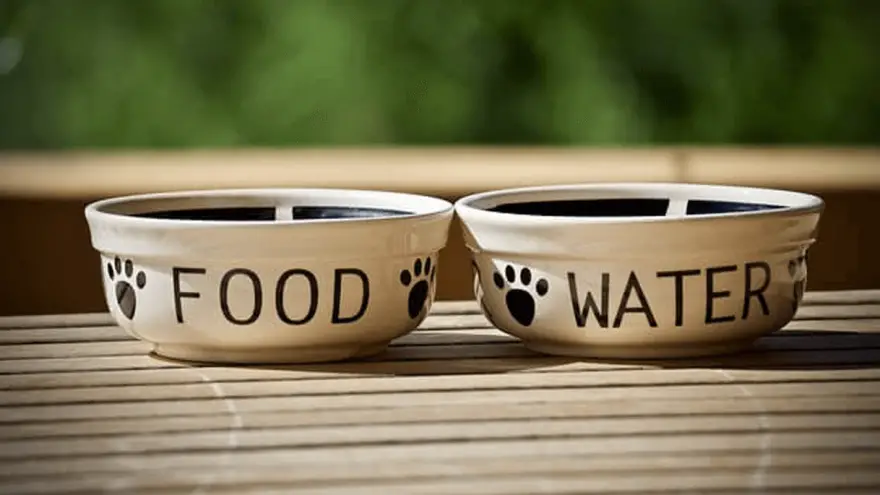

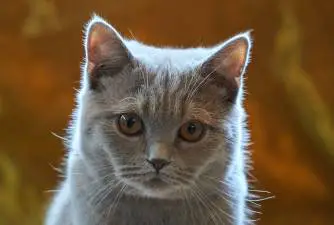



Share